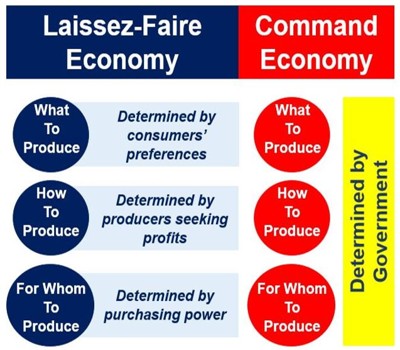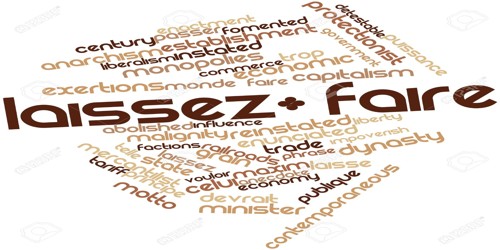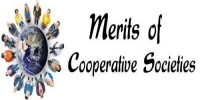Laissez-faire – Economic Theory
An economic theory from the 18th century that is strongly opposed to any government intervention in business affairs. In economics, laissez-faire is an environment in which transactions between private parties are free from state intervention including regulations taxes tariffs and enforced monopolies. It is the belief that economies and businesses function best when there is no interference by the government A laissez-faire state and completely free market has never existed, though the degree of government regulation varies considerably. So, is an economic system in which transactions between private parties are free from government intervention such as regulation, privileges, tariffs, and subsidies.

Fig: Difference between Laissez-faire and command economy
Explanation- America had in the eighteenth century, fought a war with England over the government and business relations. Difficulties resulting from government interference with American business under British mercantilism were still fresh in the minds of business. It was no wonder that the men who framed the constitution were careful to define the role of the new government in terms of lasses fair ethic to them meant, “Let business alone”. The American Resolution need not be recounted here, but perhaps it is appropriate to look at the economic philosophies under which the new nation started. Armed with their, own experiences and supported by the laissez-faire ideology but freedom also brought with it a responsibility to formulate national policy concerning economic development, limited resource. Mercantile tradition favored support of agriculture and commercial activities.















